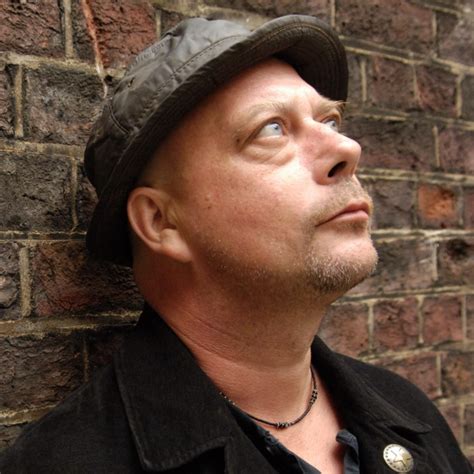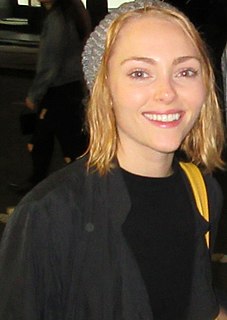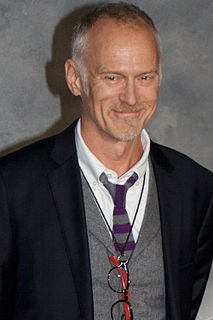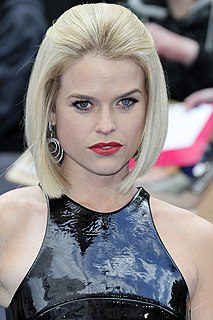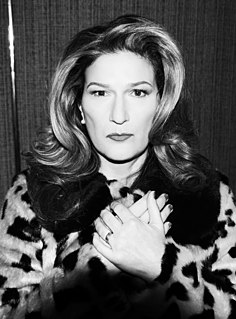A Quote by Sushant Singh Rajput
TV helped me understand camera angles, close-ups, master shots.
Related Quotes
Wayne Wang, the director, really helped me become a more mature actress. When I first started filming, I was really over the top. He just helped bring me down and make me real. That was really wonderful, a really wonderful experience. Also, what I learned about filming is it takes forever. I mean, there are so many different angles and shots. I mean, it just takes forever.
In film, the camera can get an array of shots so the audience can see the emotion the character is giving off. Using close-ups on the character's face really helps get the message across. On stage, you can't do that. But the stage has that live feeling that you can't get anywhere else because the audience is right there.
In film, the camera can get an array of shots so the audience can see the emotion the character is giving off. Using close-ups on the characters face really helps get the message across. On stage, you cant do that. But the stage has that live feeling that you cant get anywhere else because the audience is right there.
If you push in every time there's a big moment, then the tenth time you push in, you're not going to get the same effect. Or if you have too many close ups, then when you have a big moment and you want a close-up in order to make a point, it doesn't mean anything because you've already been doing close-ups. It's like writing in all capitals. Then after a while that doesn't mean anything. So, just because you can do something with a camera doesn't mean you should.

